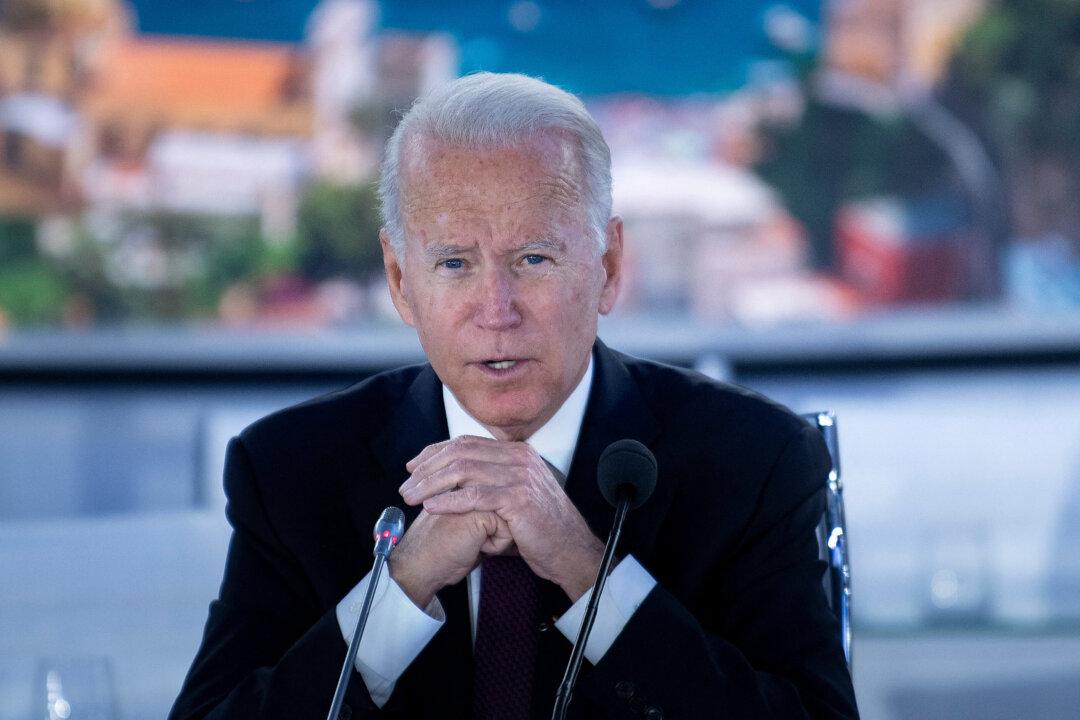President Joe Biden has hailed the joint global sustainable steel arrangement between the United States and European Union that would ease some tariffs on steel and aluminum and curb “dirty” Chinese steel imports, calling it a “new era of trans-Atlantic cooperation.”
In a joint address at an Oct. 31 press conference in Rome with European Commission President Ursula von der Leyen, Biden called the agreement a “major breakthrough that will address the existential threat of climate change while also protecting American jobs and American industry.”




